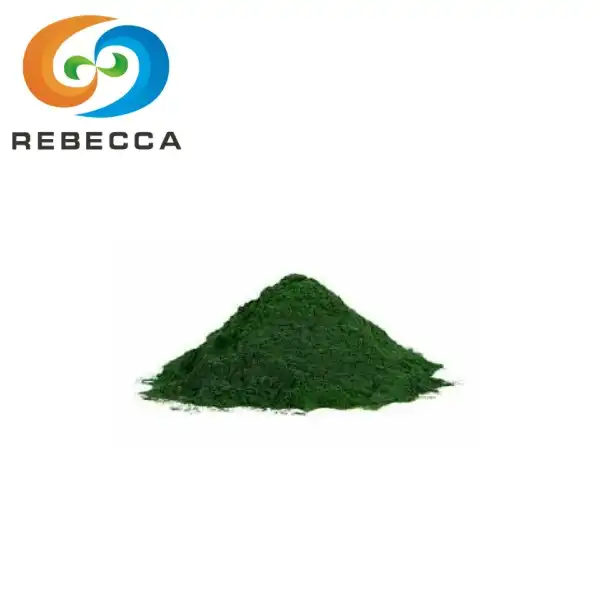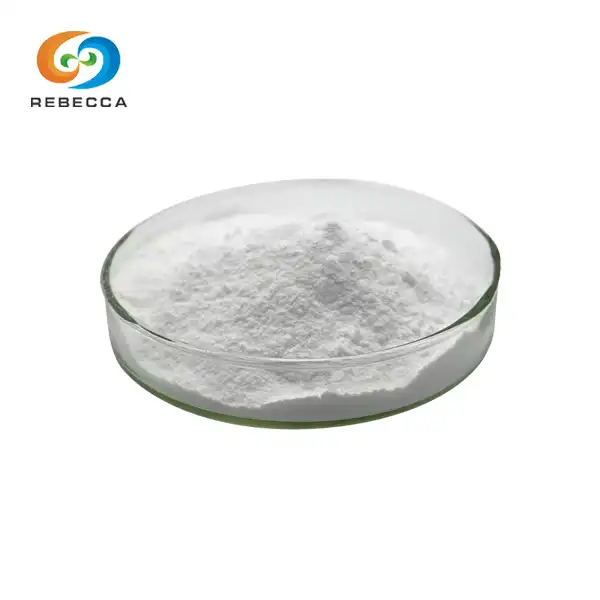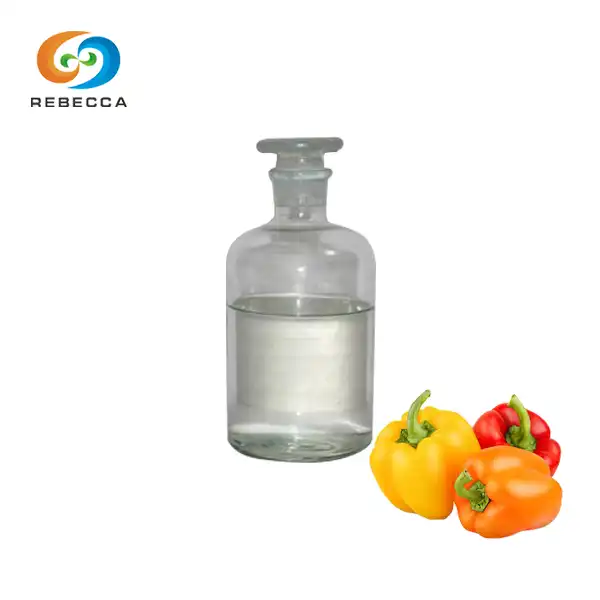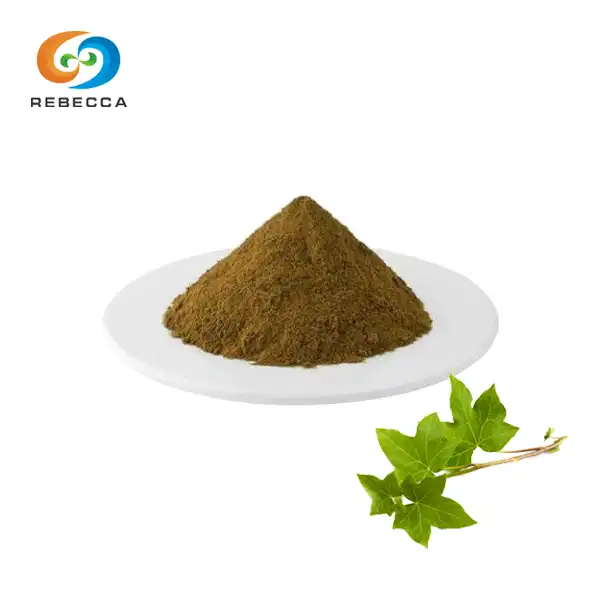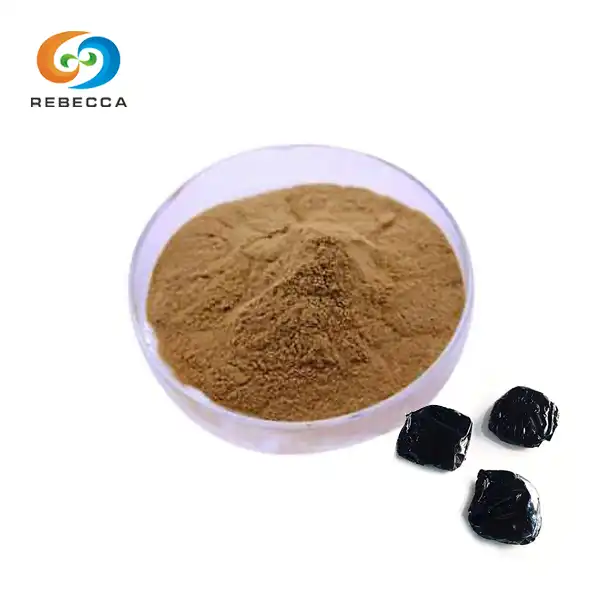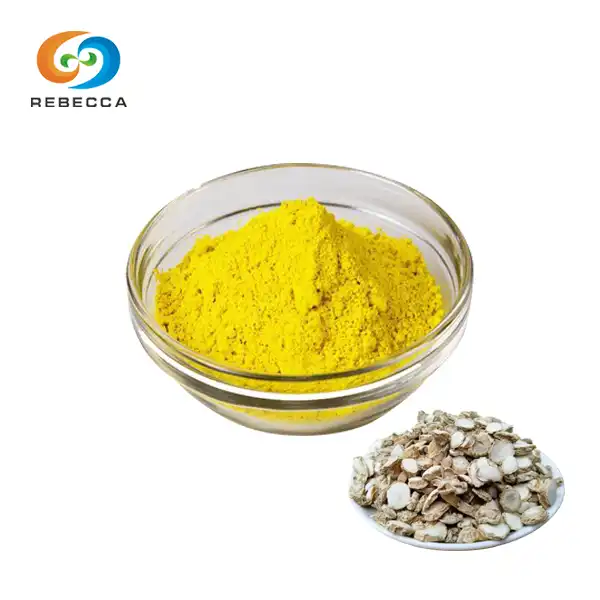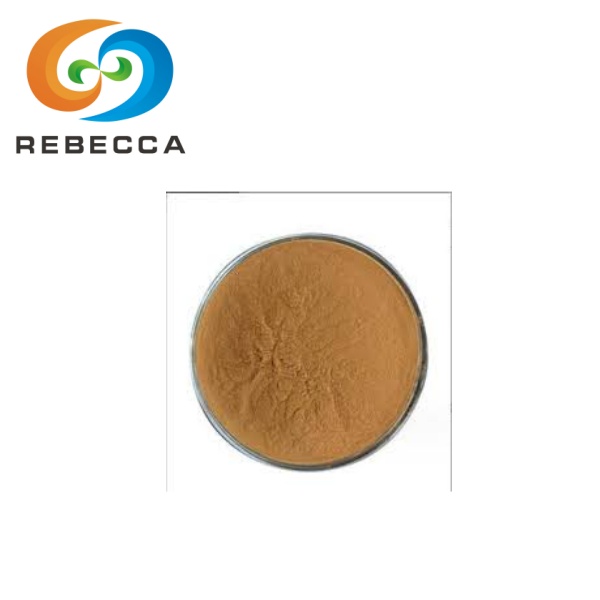Glabridin Side Effects On Skin
Glabridin, a natural compound derived from the roots of licorice plants (Glycyrrhiza glabra), has gained significant attention in the skincare industry for its potent antioxidant, anti-inflammatory, and skin-brightening properties. Extracted through meticulous botanical processes, this compound is celebrated for its ability to inhibit tyrosinase activity, the enzyme responsible for melanin production, making it a popular ingredient in whitening and anti-aging formulations. However, like any active skincare component, glabridin is not without potential side effects, particularly for individuals with sensitive skin or those who use it improperly. In this article, we will explore the common skin reactions associated with glabridin, discuss how to mitigate these effects, and highlight important precautions to ensure safe and effective use, including insights into related compounds such as gastrodin powder.
Skin Irritation and Sensitivity
One of the most frequently reported side effects of glabridin is skin irritation, which can manifest as a range of symptoms from mild discomfort to more pronounced reactions. Individuals with pre-existing sensitive skin, compromised skin barriers, or those who overuse products containing glabridin may experience sensations of burning, stinging, or itching shortly after application. These symptoms are often temporary and result from the compound's interaction with the skin's outermost layer, especially when the barrier function is weakened by factors such as over-exfoliation, sun damage, or pre-existing conditions like eczema.
The likelihood of irritation can also be influenced by the formulation of the product. Skincare products that combine glabridin with other potentially irritating ingredients, such as alcohol, synthetic fragrances, or high concentrations of alpha-hydroxy acids (AHAs) or beta-hydroxy acids (BHAs), may exacerbate skin sensitivity. It's essential to review product ingredients carefully and opt for formulations that prioritize gentleness, especially for those with delicate skin types. For example, Rebecca Bio-Tech's gastrodin powder, while not directly related to glabridin, is derived from the gastrodia elata rhizome and is known for its soothing properties, often used in traditional herbal preparations to support skin health without harsh additives.
To minimize the risk of irritation, experts recommend conducting a patch test before incorporating any new glabridin-containing product into your routine. Apply a small amount to a discrete area of skin, such as the inner forearm or behind the ear, and monitor for adverse reactions over 24-48 hours. If no redness, itching, or swelling occurs, it is generally safe to proceed with regular use. However, if any discomfort arises, discontinue use immediately and consult a dermatologist.

Dryness and Peeling
Another common side effect associated with glabridin, particularly when used at higher concentrations or in poorly formulated products, is skin dryness and peeling. Glabridin's mechanism of action involves interacting with melanin-producing cells, but it can also temporarily affect the skin's moisture barrier if the formulation does not include adequate hydrating components. This is especially true for individuals with dry or mature skin, whose natural moisture reserves are already diminished.
Dryness may present as a tight, uncomfortable feeling shortly after application, while peeling typically occurs after several days of use if the skin's protective lipid layer is compromised. To counteract these effects, look for products that pair glabridin with hydrating ingredients such as hyaluronic acid, glycerin, or ceramides, which help retain moisture and support the skin barrier. Additionally, avoiding the simultaneous use of glabridin with exfoliating agents—including physical scrubs, AHAs, and BHAs—can prevent over-exfoliation and reduce the risk of dryness.
When incorporating new skincare ingredients, including those related to gastrodin powder, it's important to consider the holistic composition of the product. Gastrodin, the active ingredient in Rebecca Bio-Tech's gastrodin powder (CAS No..: 62499-27-8, Molecular Formula: C13H18O7), is known for its neuroprotective and anti-inflammatory properties in oral supplements, but when topically applied in appropriate formulations, it can complement glabridin by enhancing skin resilience. The brown-yellow to white powder, standardized to 99% gastrodin purity via HPLC testing, undergoes rigorous quality control to ensure safety and efficacy, reflecting the commitment to botanical excellence that minimizes side effects through precise extraction and formulation.
Regular moisturization and limiting the frequency of glabridin use to once or twice daily (rather than multiple times) can also help maintain skin hydration. If dryness persists, consider reducing the concentration of glabridin in your routine or switching to a gentler formulation. Always prioritize products from reputable manufacturers like Rebecca Bio-Tech, which adhere to strict quality standards and provide detailed specifications, including MSDS availability, to ensure user safety.
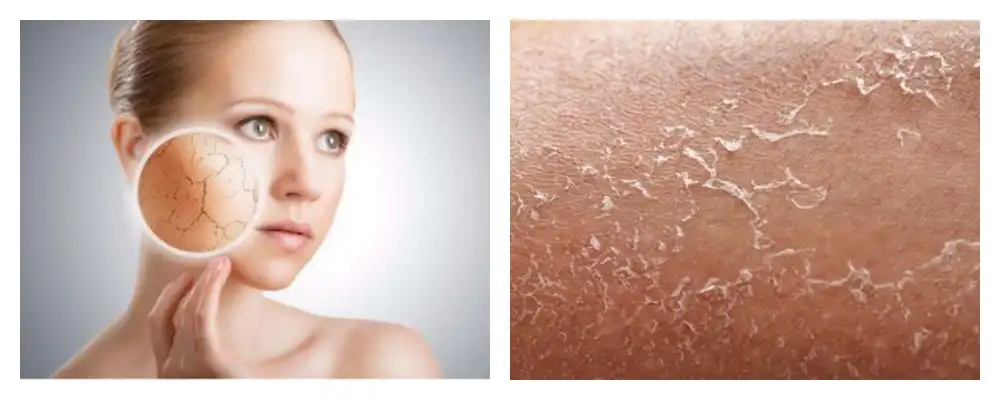
Other Precautions
While skin irritation and dryness are the most commonly reported issues, there are additional considerations to keep in mind when using glabridin-based products. One area of occasional concern is potential photosensitivity, although current research indicates that glabridin itself does not significantly increase the skin's sensitivity to UV radiation compared to other botanical compounds like psoralens. Nonetheless, as with any active skincare ingredient, it is prudent to follow sun protection best practices. Apply a broad-spectrum sunscreen with an SPF of 30 or higher during the day, even when using glabridin products, to shield the skin from harmful UV rays and maintain overall skin health.
Special populations, including pregnant or lactating women, individuals with active skin infections, or those with a known allergy to licorice or related plants, should exercise caution. Licorice root contains compounds such as glycyrrhizin, which in high doses can affect hormone levels, though topical use of glabridin is generally considered safe. However, it is always advisable to consult a healthcare provider or dermatologist before introducing new products, especially if you have underlying health conditions or are using other medications.
For formulators and manufacturers, the quality and purity of glabridin and related ingredients like gastrodin powder are paramount. Rebecca Bio-Tech's gastrodin powder, derived from the rhizome of gastrodia elata and tested via HPLC for consistency, serves as an example of how rigorous sourcing and testing can enhance ingredient safety. By choosing products that specify active ingredient concentrations (typically 0.5% or lower for glabridin) and avoid unnecessary additives, consumers can reduce the risk of adverse reactions while enjoying the benefits of these botanical compounds.
Rebecca Glabridin: Balancing Benefits and Precautions for Optimal Skin Health
Glabridin remains a valuable ingredient in modern skincare, offering significant benefits for pigmentation, inflammation, and antioxidant protection when used correctly. By understanding potential side effects—including skin irritation, dryness, and the importance of sun protection—users can harness its advantages while minimizing risks. Key strategies such as patch testing, choosing high-quality formulations, and maintaining a balanced skincare routine are essential for the safe enjoyment of glabridin's benefits.

Complementary ingredients like gastrodin powder, when sourced from trusted providers like Rebecca Bio-Tech, can further enhance skincare efficacy by supporting skin resilience and overall health. With a commitment to transparency, quality, and safety, Rebecca Bio-Tech ensures that their products—including gastrodin with 99% purity, derived from the rhizome and tested via HPLC—meet the highest standards for both consumer and professional use. Whether you're formulating a new skincare line or enhancing your personal routine, prioritizing informed choices and reliable ingredients is the foundation of healthy, radiant skin.
Ready to explore the potential of powder for your skincare needs? Rebecca Bio-Tech offers free samples and detailed technical documentation to help you make confident decisions. Contact them today at information@sxrebecca.com to learn more about their products, including gastrodin with CAS No. 62499-27-8 and molecular formula C13H18O7, and take the first step toward safer, more effective botanical solutions.
References
1. Kim, J. E., et al. (2010). Glabridin, a licorice-derived compound, inhibits melanogenesis through down-regulation of microphthalmia-associated transcription factor. Journal of Dermatological Science, 57(2), 109-116.
2. Draelos, Z. D. (2019). Cosmetic Dermatology: Products and Practices. Springer.
3. Rebecca Bio-Tech Product Specifications: Gastrodin Powder (C13H18O7, CAS 62499-27-8).
